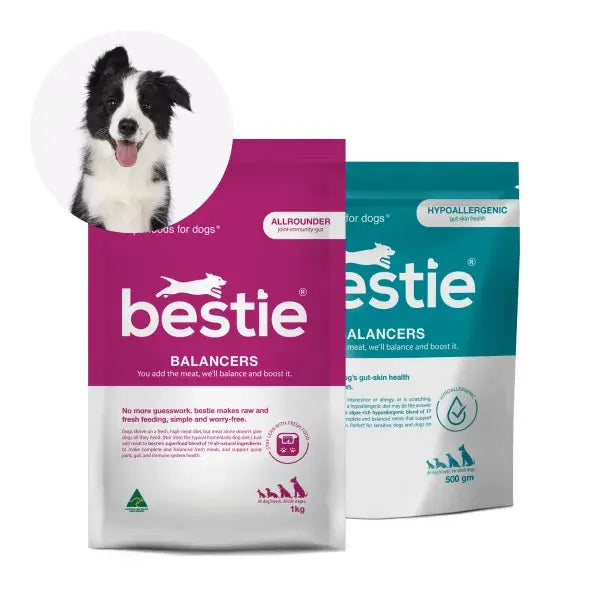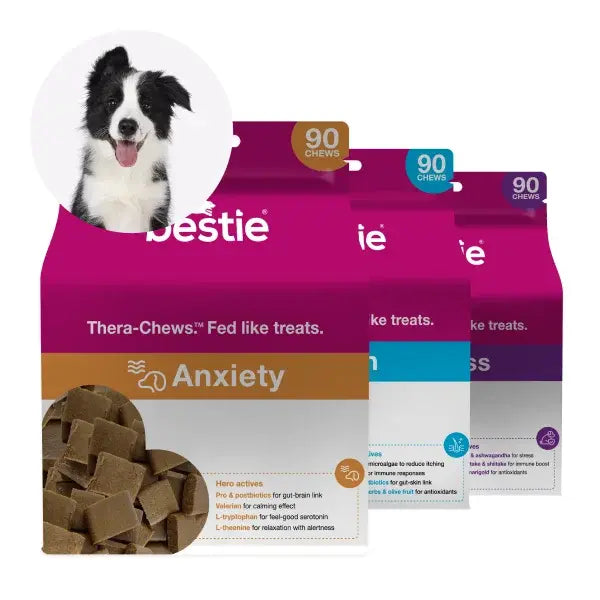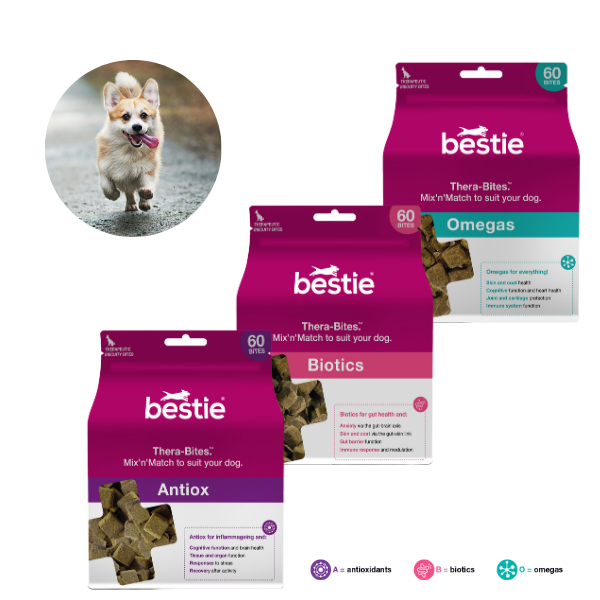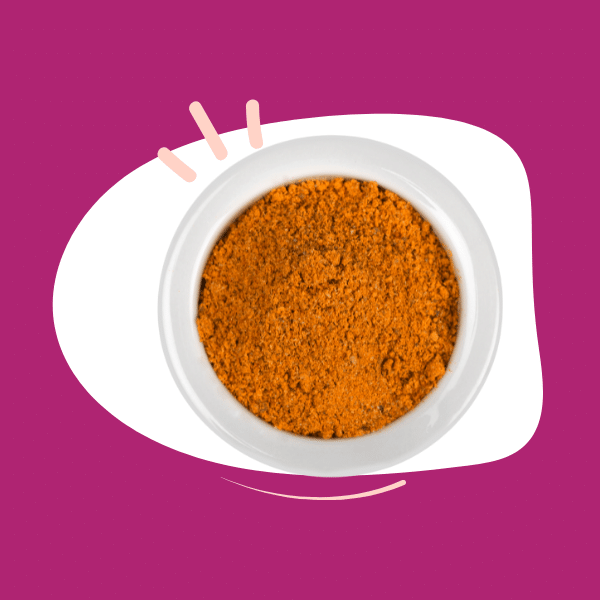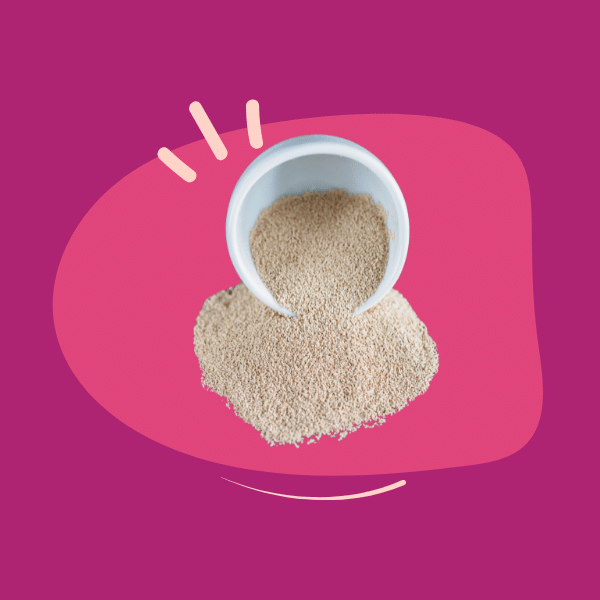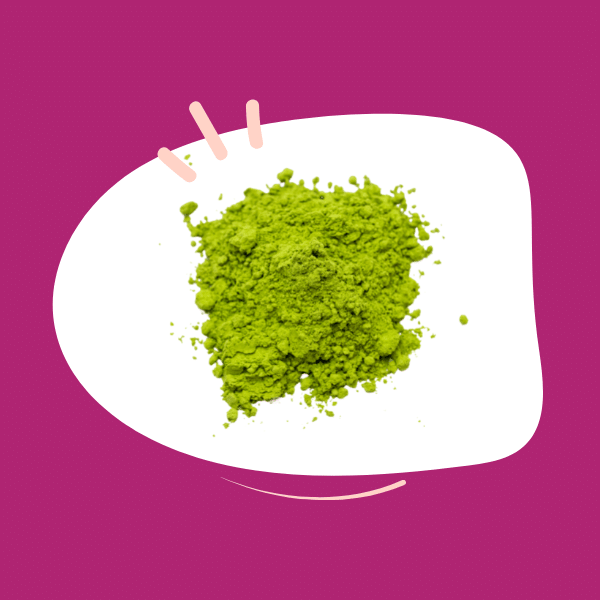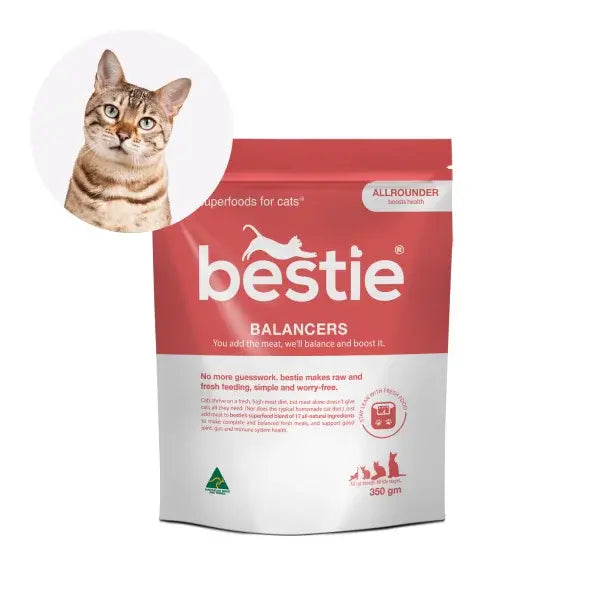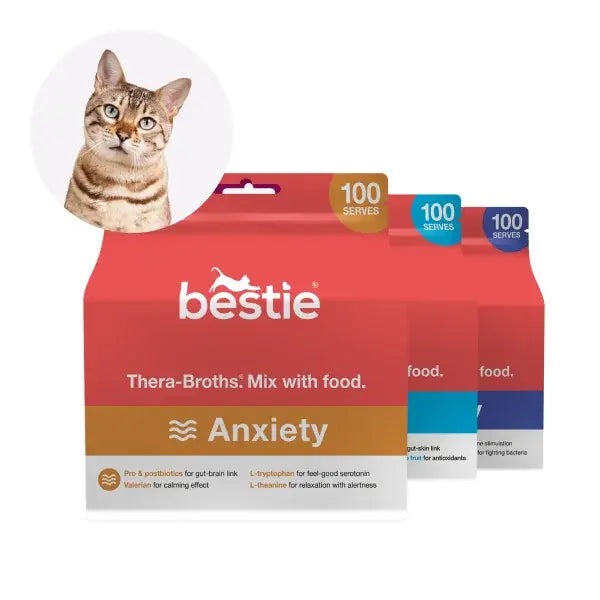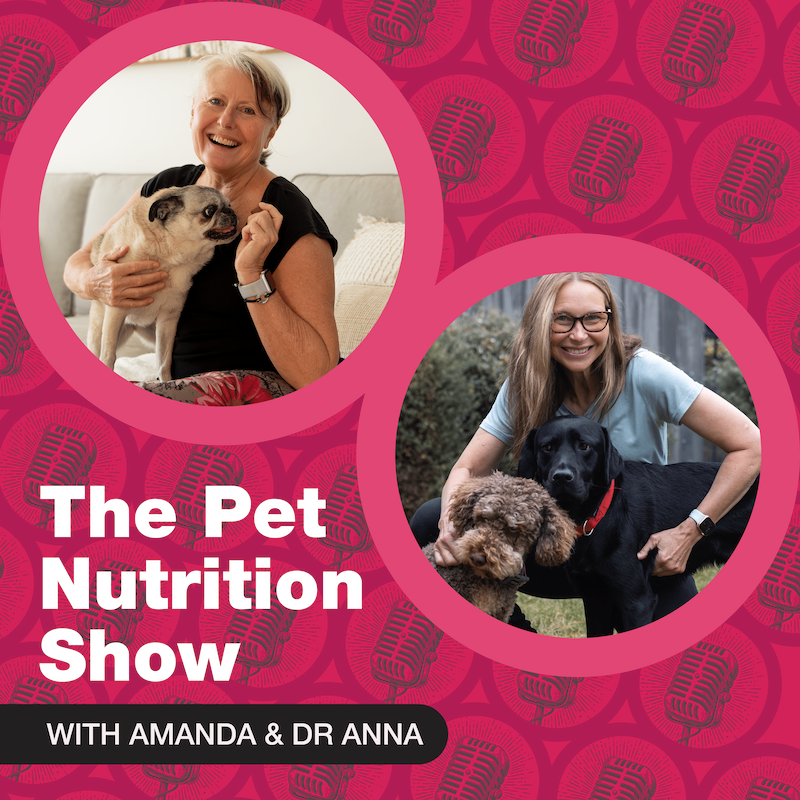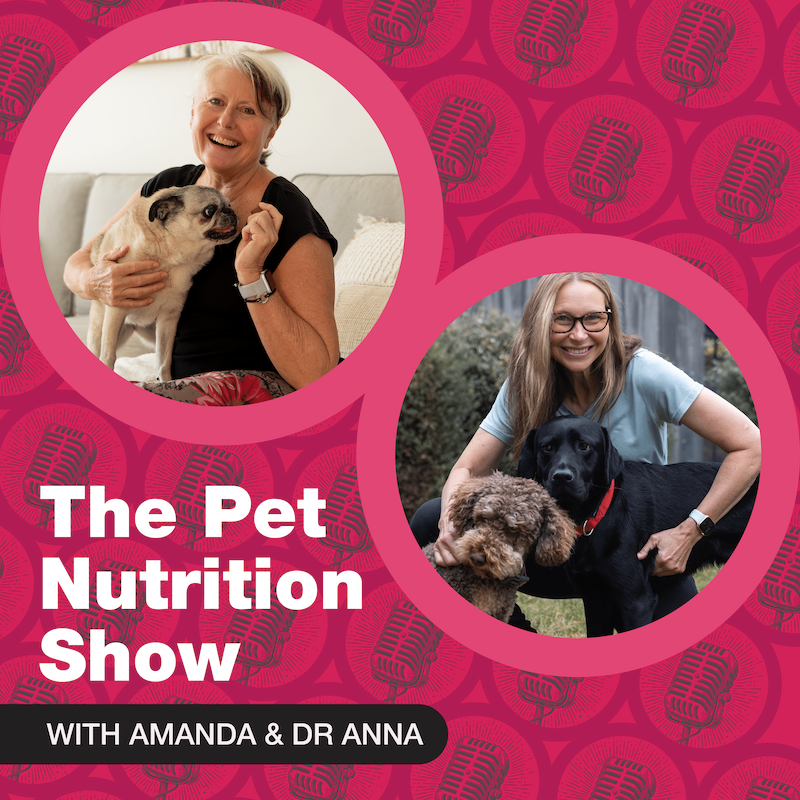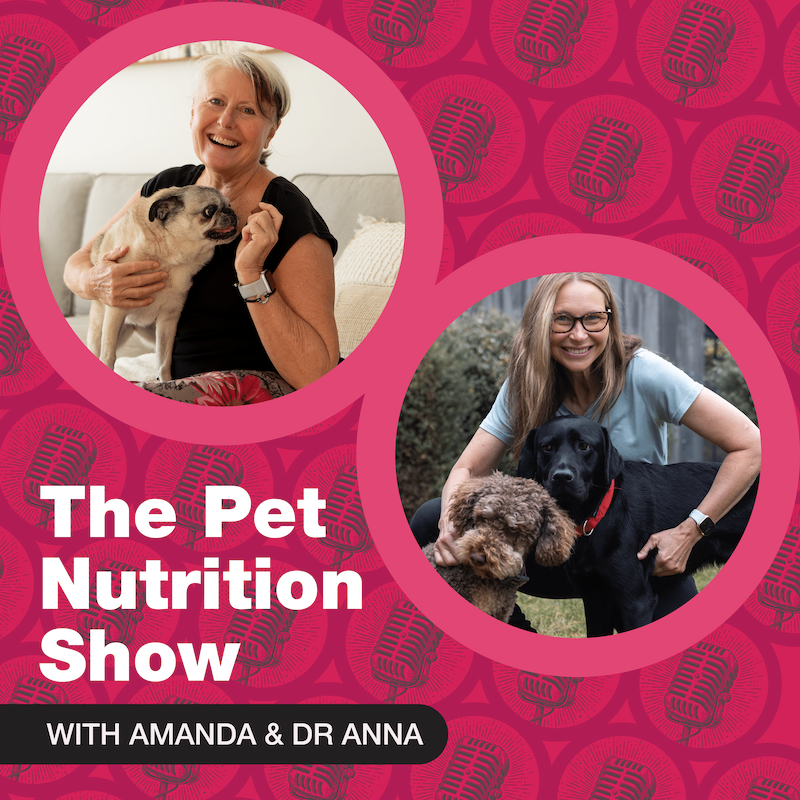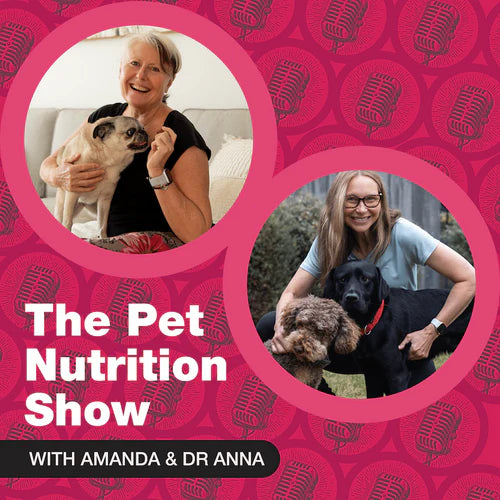In this episode of the Pet Nutrition Show, Amanda and Dr. Anna Sutton dive into the nutritional needs of senior dogs.
They discuss how aging affects brain and joint health, and highlight the importance of adjusting diet to maintain weight, muscle mass, and overall health.
Key points include reducing calorie intake, increasing protein, managing oxidative stress with antioxidants, and ensuring proper hydration.
The episode also touches on the importance of a balanced diet for joint health, managing multiple health conditions, and recognising nutritional deficiencies. Practical tips for enhancing digestion and maintaining dental health in senior dogs are also provided.
00:00 Introduction to the Pet Nutrition Show
00:39 Pet Q&A: Is Dementia Inevitable for Senior Dogs?
01:51 Understanding Senior Dogs: Age and Nutritional Needs
02:30 Key Nutritional Differences for Senior Dogs
03:37 Managing Oxidative Stress in Senior Dogs
04:35 Joint Health and Nutrition for Senior Dogs
06:44 Weight Management Tips for Senior Dogs
08:43 Digestive Health in Senior Dogs
10:18 Hydration and Food Texture for Senior Dogs
13:38 Special Diets and Nutritional Deficiencies
16:08 Dental Health in Senior Dogs
17:39 Home Food Hacks with Dr. Anna
You can also listen on Spotify or Apple.
Have a listen to the show, but if you’re more of a reader, here's the transcript:
[00:00:00] AMANDA: This is the Pet Nutrition Show with Amanda and Dr. Anna. Welcome to the Pet Nutrition Show where we talk pet nutrition and all things sustainable nutrition. Now I'm here with my co host Dr. Anna Sutton and we're Picking up on diets for specific ages. Last week we talked about nutrition for puppies and kittens and this week we're talking about nutrition for primarily senior dogs, although we'll cover senior cats a little bit as well.
[00:00:33] AMANDA: Now, Anna, before we dive into that subject, just a quick question for you. Pet Q& A, where we answer what you're wondering about food, moods and poos. Is dementia an inevitable outcome for a senior dog?
[00:00:51] ANNA: Yeah, look, that's a good one, Amanda. And, and no, it, it isn't. And I mean, there's certainly things that happen.
[00:00:57] ANNA: So first of all, as a dog [00:01:00] ages, they lose brain volume over time and different parts of the brain lose volume and function and neurons are lost over time. But that doesn't necessarily lead to functional impairment, which is what we would class cognitive dysfunction syndrome as. So short answer, yes, you lose, you lose brain function as your, your pet ages, just like us, but not every pet will experience it to such a degree that it impacts their everyday life, which is good news.
[00:01:34] AMANDA: Okay, and we are going to go into the subject of dementia and the senior brain, uh, a little bit more in another episode, but today we're talking more generally and we're talking about diets for senior dogs. Well, first up, what's a senior dog? What's the definition of senior?
[00:01:56] ANNA: Yeah, it's a good question, Amanda.
[00:01:57] ANNA: Dogs officially become senior [00:02:00] from about seven years of age, but there's a caveat on that because if they're a little dog, they have a much longer lifespan. So they actually are really senior from about 11. If they're a medium dog, it's around 9 ish, 10 ish, and a giant dog is, is about 7. Actually, you can even break it down further and call senior from 7 and then from 7, 9 and 11, they become geriatric.
[00:02:28] AMANDA: Okay, good to know. And what are the primary differences between, or nutritional differences I mean, between an adult dog and a senior dog?
[00:02:38] ANNA: Yeah. So, actually the, the key thing is that senior dogs. Have decreased activity levels and they've got a slower metabolism. That's a real deal. So the key difference is they need less food to maintain their weight.
[00:02:53] ANNA: But the other key difference for senior dogs, and this is probably just starting to emerge [00:03:00] now, is that senior dogs and geriatric dogs need diets with higher protein to calorie ratios to prevent weight gain. muscle loss and maintain their lean body mass, similar to humans actually in that regard.
[00:03:14] INTRO: So, less carbs, more protein, but less of it.
[00:03:16] ANNA: Yes, absolutely. The other thing on the senior pet nutrition side is that as they start to age, just in practical terms, their gastric motility starts to slow down. So they, kind of like humans, they need a little bit more roughage to keep things moving as well, which actually can help anyway with promoting fullness and stopping them eating too much.
[00:03:37] INTRO: Now, we talked briefly about the brain in Q& A and we know that there's oxidative stress building up in the body and it's building up in the brain too, right? So briefly, what might be some kind of nutritional addition that we could be making for the build up of oxidative stress?
[00:03:57] ANNA: Yeah, that's really important.
[00:03:58] ANNA: So to manage [00:04:00] oxidative stress, remember that develops over a lifetime. So a crucial point really in longevity type diets is having sufficient vitamins and minerals and antioxidants in diets from day one. But particularly as they age, senior pets really require more things like vitamin E, vitamin C and also the omega 3 fatty acids, which aren't an antioxidant, but the vitamin E and vitamin C.
[00:04:26] ANNA: Oh, certainly are. And you can use other sorts of antioxidants as well coming from different plant sources to top things up like blueberries and so forth.
[00:04:35] INTRO: And joints are getting stiffer. I guess there's cartilage loss just like there is with us and some stiffness in the joints. What, what are some of the things that we could be doing for that situation with senior dogs?
[00:04:49] ANNA: Yeah, joints. Health is an interesting one. So joint health, just like for us, it naturally declines with age due to, you know, normal wear and tear, but [00:05:00] again, like anything, poor diet over a lifetime certainly helps accelerate this. In terms of senior dog pet health, it really important is getting a great balance of the pro inflammatory fatty acids.
[00:05:12] ANNA: The omega 6 fatty acids to the anti inflammatory omega 3 fatty acids, which are DHA and EPA from fish. And we're looking for really a ratio of 3 to 1 to 5 to 1 for the most part. And that's, you know, a key cornerstone of, of joint health in this regard, but other things you can, can look out for that can support joint health in later life are things like green lipped muscle powder, which are rich in these glycosaminoglycans, which are really building blocks of cartilage.
[00:05:46] ANNA: And another one is green lipped mussel oil, which has some supporting data managing pain and mobility in pets with arthritis conditions, probably due to the way it acts. And again, [00:06:00] antioxidants come here, come into joint health as well because oxidative damage is one of the key parts of joint disease. So tackling oxidation is also really important.
[00:06:11] INTRO: And just to clarify, you were talking, when you said three to one or five to one, you were talking three omega 6s to one omega 3 or the other way around?
[00:06:20] ANNA: Yep, that's right. Three omega 6s to one omega 3. Now in practical terms, your pet normally gets plenty of omega 6 fatty acids through the diets. So one of the things you can do at home that really What really helps things is to supplement with a fish oil or a fish oil capsule.
[00:06:38] ANNA: You don't want to go overboard, but it's something that has a lot of benefits, including for joint health.
[00:06:44] INTRO: Presumably, managing weight is going to help joints, and we know that obesity or, you know, being overweight is a big problem with dogs and cats, just as it is with humans. There are other issues to do with weight and we've talked about those in a, in a [00:07:00] previous episode.
[00:07:00] INTRO: Any particular tips on weight management with seniors, particularly given that they're probably a little bit less mobile. So there's a bit of a vicious cycle going on there, isn't there?
[00:07:11] ANNA: Yeah, you're right. I mean, Older dogs, once they get heavy, they want to walk less, but again, just like us. And it's, it's hard weight management, because the guidelines that work for younger dogs don't work for, for senior dogs, because it uses far too many calories.
[00:07:27] ANNA: So, so really the key thing is reducing the portion size, and, and just knowing that your dog, once they're getting on a bit, needs around 20 to 30 percent less weight. Less calories than they did when they were younger. So just cutting their food back a bit and maintaining their ideal body condition score that I think we also talked about in a, in an episode not too long ago, is really important.
[00:07:52] ANNA: So things you can do to, to help that is pick a diet that's high in nutrients, but perhaps a little bit [00:08:00] leaner on the calorie side. usually a little bit lower fat, or you can also increase the fiber, which increases bulking, increases satiety. It helps them feel full without containing as many calories.
[00:08:12] ANNA: And as anything, just regularly monitor your pet and adjust their portion sizes based on how they look. So that's where that body condition score chart really comes into its own and you're dead right Obesity is bad any which way but in a senior pet in particular It tends to get associated with diabetes and heart disease as well as joint problems.
[00:08:35] ANNA: So preventing Is anything better than the cure? And avoid those high calorie treats and scraps as well.
[00:08:43] INTRO: And what about digestive health? Are there any particular digestive health issues that tend to crop up regularly with senior dogs?
[00:08:51] ANNA: Yeah, it's an interesting one again there. Senior pets, by the way, actually have a, a more diverse, uh, gut flora, I [00:09:00] suppose you'd expect this than their, their puppy younger counterparts, but they certainly face digestive issues, and that's probably due to change in both the digestive enzyme production, so these are the things that break down your food so that you can use them, and altered gut microbiota as well, which impacts lots of your diet.
[00:09:19] ANNA: lots of things, including nutrient absorption. In terms of digestive health, well, diets rich in prebiotics and probiotics can help maintain gut health and improve nutrient absorption. That's really important, especially if your, your dog has other diseases as well. I wouldn't necessarily use probiotics in high doses unless directed, and I'd probably tend to focus more on the prebiotics, but again, both are very, very useful.
[00:09:49] ANNA: In terms of, uh, digestive health again, remember that antioxidants are really important for digestive health as well as are omega 3 fatty acids. So we still come back to [00:10:00] antioxidants and omega 3s again. I know you can't get away from them. A common theme. A common theme. And of course, you know, go easy on, on what they have.
[00:10:09] ANNA: Use a highly digestible protein and highly digestible carbohydrates as well to, to ease that load on the digestive tract. Thanks.
[00:10:18] INTRO: And what about hydration? I mean, hydration is important for any dog, but is it more important for seniors or are there differences?
[00:10:26] ANNA: Hydration is really crucial, as you say, for any dog, but in senior dogs, because they tend to be more prone to kidney issues and dehydration, partly because they lose a little bit of their first drive.
[00:10:36] ANNA: Hydration is super, super, super important. So some of the ways you can tackle this is to include, for example, wet Wet food into their overall diet, uh, to keep them hydrated. Just make sure they're drinking enough water, water, uh, from their food bowl and look for signs of dehydration, like loss of skin elasticity, where it doesn't ping back and just dullness in [00:11:00] general.
[00:11:00] ANNA: And look, if they're not drinking enough, then you can encourage them to drink by You know, I think we covered this as well in one of our old other podcasts where you can just add a little bit of juice or a tiny bit of milk or yogurt or something into the, into the water bowl to promote drinking just to stimulate their taste buds.
[00:11:19] ANNA: Doggy icicles as well work in summer. Maybe not in winter.
[00:11:24] INTRO: And so that, I guess, leads us to just consider food texture. So how does the texture of food, you know, wet versus dry, et cetera, affect a dog's ability to actually digest it? I'm, I'm often asked by Pet parents, Oh, you know, can my dog eat these chews that you make?
[00:11:45] INTRO: You know, they've got no teeth or only a few teeth or, or whatever. What sort of food texture should we be aiming for?
[00:11:51] ANNA: It's really depends on the dog. I mean, for a dog with dental issues, severe dental disease, where the gums are [00:12:00] sore and the teeth are, or they're missing a lot of teeth, then going for a softer food, you know, it's going to make life a lot more fun for them.
[00:12:08] ANNA: And that can be as simple as moistening their kibble, or moving to a canned diet if you need, or a home prepared diet. And also just making sure that the sizes are not big enough to, you know, cause a choking hazard. For senior dogs whose teeth are in good nick, well, common sense prevails again here. And they're probably most likely alright carrying on with whatever they're on.
[00:12:31] ANNA: You may just not want to give them a huge bones that will cause, you know, breakages in their teeth that you want to avoid, just like humans.
[00:12:41] INTRO: And should you be feeding less frequently or more frequently
[00:12:44] ANNA: with a senior dog? Well, it's an interesting one that in general feeding, because a senior's pet digestion is, is not quite as good as, you know, it used to be when it was, uh, when they were young.
[00:12:58] ANNA: Feeding smaller, more frequent [00:13:00] meals. It may well help, particularly with digestion and nutrient absorption, and it can be particularly useful if you're trying to manage conditions like diabetes, for example, or even obesity that are both really common. So, yeah, dividing that daily food intake into two or three meals is not a, a bad thing again.
[00:13:18] ANNA: It can do, if you've got a chunky pet, the smaller frequent meals actually raise the metabolic rate slightly because there's a cost of energy when you actually eat, and I wouldn't say they prevent overeating, but they sort of make the animal feel that they're getting more than they actually are. So this helps a little bit with weight loss.
[00:13:36] INTRO: Okay, good to know. And when should senior dogs be put on a special diet? I mean, you see commercial diets for seniors. So I'm, I'm assuming we've got the overall reduction in quantity. We're favouring higher protein. Is there a need for a special senior diet?
[00:13:57] ANNA: Yeah, look, it depends again on the [00:14:00] individual dog.
[00:14:01] ANNA: And senior dogs, as they get older, or cats for that matter as well, do tend to develop specific conditions, heart conditions, kidney disease, and so forth. And these conditions do need special diets. So for example, if you had a cat or a dog with kidney disease, and then we talked about this the other week, then diets low in phosphorus with a moderate amount of high quality protein are important.
[00:14:27] ANNA: Whereas those with heart issues may need diets lower in sodium. And then of course one of the challenges you have with senior pets is that they don't often have one disease on its own. They tend to have multiple ones. So you could get, I don't know, pancreatitis in kidney or liver and heart together. And so this makes the nutritional management quite complex.
[00:14:47] ANNA: And when you get into a situation like that, that's a big problem. That's when you really need to talk to your, your vet and, uh, the corresponding nutritionist that your, your vet works with.
[00:14:58] INTRO: And if there are [00:15:00] no actual diseases like that going on, because it's not inevitable that your senior dog is going to have a disease, then what might be some signs of nutritional deficiencies in your senior dog?
[00:15:12] ANNA: Yeah. And it's a, it's a great point. Lots of aging dogs go through old age, just like humans. Very well indeed. Now, if they're missing out, the things to watch out for are muscle wastage, lethargy, weight loss, poor coat condition, uh, and also digestive issues. You know, the poo is, is a, is a great window into kind of everything.
[00:15:39] ANNA: And again, you know. Regular check ups and blood work can also check if things are all going along in the right direction. But, but if you start, definitely start to see things like dry or flaky skin, a lot of muscle wasting or weakness, or poor quality changes, or they're getting sick all the time or they're not eating, then that's usually a sign that [00:16:00] something's not right and it could well be a deficiency.
[00:16:02] ANNA: So time to go and visit your vet.
[00:16:04] INTRO: Very good. Well, thank you very much for that. There's one particular thing that we didn't talk about, and that's dental health. But we know that poor dental health is actually quite common, even in very young dogs. In a senior dog, so aside from they've lost their teeth, what are some, uh, Common dental issues that arise in a senior job.
[00:16:26] ANNA: Look, dental issues are tricky because not only do you get infection, inflammation, a lot of pain. The problem with poor dental health is it tends to lead to systemic infections. You can get all sorts of infections in places totally unrelated to your teeth, but still stem from the teeth. And it crops up in other disease states.
[00:16:48] ANNA: So dental health is always really, really important from a young age. young age. And even with your senior dogs, if they've got teeth and they've got, it's important still to look after their dental [00:17:00] health. So using either dental treats or best, the best thing of all is just to clean their teeth gently or using a dental diet is a good idea.
[00:17:09] INTRO: Okay, great. Well, good luck with that daily tooth cleaning. Yeah, I can't do
[00:17:13] ANNA: it actually.
[00:17:15] INTRO: I think it's more challenging for the pet parents than it is for the dogs, frankly. But, um, having been there and done that, well, tried to do that every day, I have to say, I did fail on many occasions. Well, thank you very much for that, Anna.
[00:17:28] INTRO: And I hope that that was of some value to people whose dogs are becoming seniors or, or are already seniors. We'll try that too. And that. Or geriatric, yes. And that brings us to today's food hack. It's time for Home Food Hacks with Dr. Anna. Now Anna, what have you got in store today?
[00:17:50] ANNA: Well, you know, we've talked about hydration and I think back to the course in Vienna where hydration, hydration, hydration was the mantra of the day.
[00:17:59] ANNA: Again, I [00:18:00] mentioned it, I think, uh, earlier on, but hydration in older dogs is particularly important. So we've done this food hack before, but just adding a little bit of extra spice, if you like, to your dog's water bottle for a little bit of juice, a lactose free milk, a little bit of yogurt can do wonders to increase their drinking.
[00:18:20] ANNA: And it is important to keep all their kidneys flushed out, keep their bowels working well. And keep them hydrated so really that they can function properly. So an easy food hack with lots of good outcomes.
[00:18:35] INTRO: That's a great tip. I love it. That's fantastic. I never even thought of that.
[00:18:39] ANNA: Oh, just don't do beer.
[00:18:40] ANNA: That's the only thing.
[00:18:41] INTRO: Oh, don't do beer. Right. Okay.
[00:18:43] ANNA: Don't do beer and red wine. That sort of food hack is probably not a great idea. Stick to the non alcoholic versions please. No coffee either.
[00:18:55] INTRO: Excellent. Thank you very much for that, Anna. And thank you for listening to the Pet [00:19:00] Nutrition Show. We hope you've enjoyed it and got some tips on how to look after your senior dog with nutrition.
[00:19:06] INTRO: If you'd like to ask us a question, please do that on any of our channels. And if you've enjoyed our show, we would love it if you left a comment. We'll see you at the Pet Nutrition Show next week. The Pet Nutrition Show is proudly presented by Planet A Pet Food, bringing dogs a flexitarian diet that's good for them and the planet.


